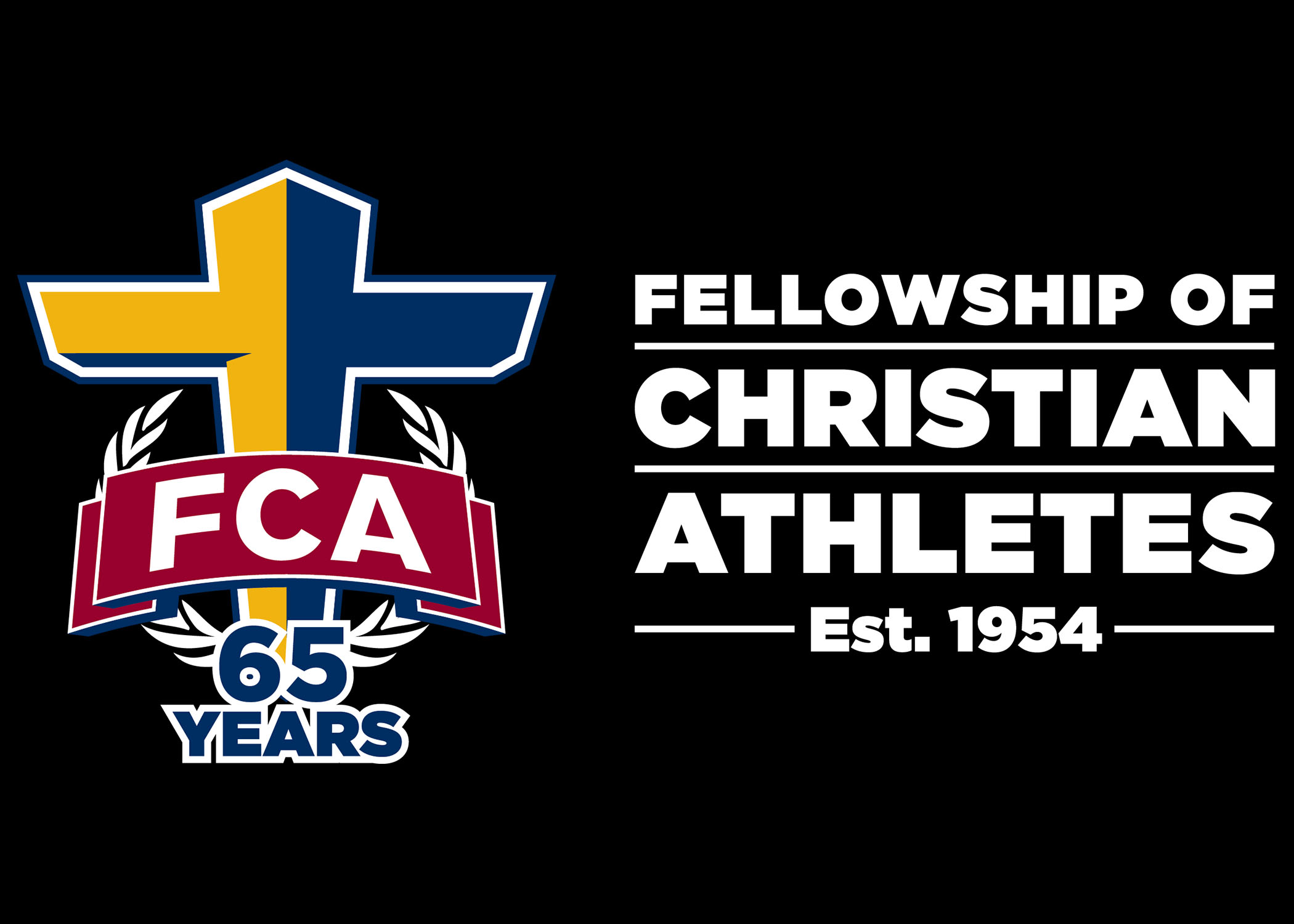Fellowship of Christian Athletes (FCA) founder and basketball coach Don McClanen wondered why professional athletes endorsed products like cigarettes but not a Christian lifestyle so in 1954 McClanen founded FCA with the idea that sports could be used to share Jesus.
Since then sports have become even more popular in every culture and FCA, serving both coaches and athletes from youth to professional, keeps growing too. More than 14,000 FCA chapters, called huddles, are active in 85 countries. More than 88,000 attended FCA camps this year. The organization’s vision is to reach “every coach, every athlete, every team and every community in every country” by using the strategy “Pray, Give and Go.”
Unengaged youth
Erick Armster, or “Brother E” as the local football players call him, is urban ministry director of Alabama FCA and works in Montgomery area schools. Armster said teens in this demographic often are not involved in church youth groups.
“Through FCA, I get an opportunity to get in front of kids that would probably never hear the gospel broken down in a way that they can grasp it,” Armster said.
Building relationships that otherwise wouldn’t have been possible is an important part of what FCA does best, said Jami Sikes, women’s ministry director of Alabama FCA. Sikes was a coach, a teacher, and an athlete and has seen FCA from each perspective.
“We can meet [the athletes] where they are,” Sikes said, noting the girls she disciples can be authentic because they know someone is “pouring into” them.
Last summer Sikes led a citywide girls’ Bible study in Montgomery focused on social media. Sikes said social media fosters a spirit of comparison and puts a great deal of pressure on students so she taught the girls the difference between “who I think I am and who God thinks I am.”
College outreach
In addition to high school students Alabama FCA works with college-aged athletes. College athletes in particular can feel lost and alone, as many are transplants from other states. Steven Clark, former Auburn football player and current leadership coordinator of Alabama FCA, said FCA provides community and fellowship for both athletes and non-athletes at the college level.
Clark was greatly influenced by FCA. He was an All-American both in academics and athletics. He transferred that performance emphasis to his faith and never “took the time to know the One who gave [him] life.”
An FCA college retreat helped him recognize who Christ is and how to know Him. This led to getting plugged into the campus FCA, whose emphasis on growing leaders helped him to “realize that we have little eyes looking up all the time.”
Another major focus of FCA is to reach coaches who will impact the next generation of athletes, Sikes said. Coaches often receive little encouragement and FCA fills that gap by mentoring, discipling and providing resources.
Armster shared the story of one Alabama coach who was changed by FCA’s ministry by going to a coach’s family camp last summer.
Towards the end of camp this coach accepted Christ. Armster was then able to disciple him during the next school year.
‘Coaching God’s way’
Armster said the coach told him, “‘I want to do coaching God’s way. I want to do my family God’s way. I want to raise my kids God’s way.’”
FCA offers free online resources for youth groups regardless of FCA affiliation, including devotionals, Bible studies, skits and more. Resources are accessible at www.fcaresources.com.
Churches also are needed to partner with local FCA groups through prayer, volunteering and financial support, Armster said. Church support helps FCA provide staff to grow the ministry.
For information about starting an FCA Huddle in Alabama, visit www.alabamafca.org.






Share with others: